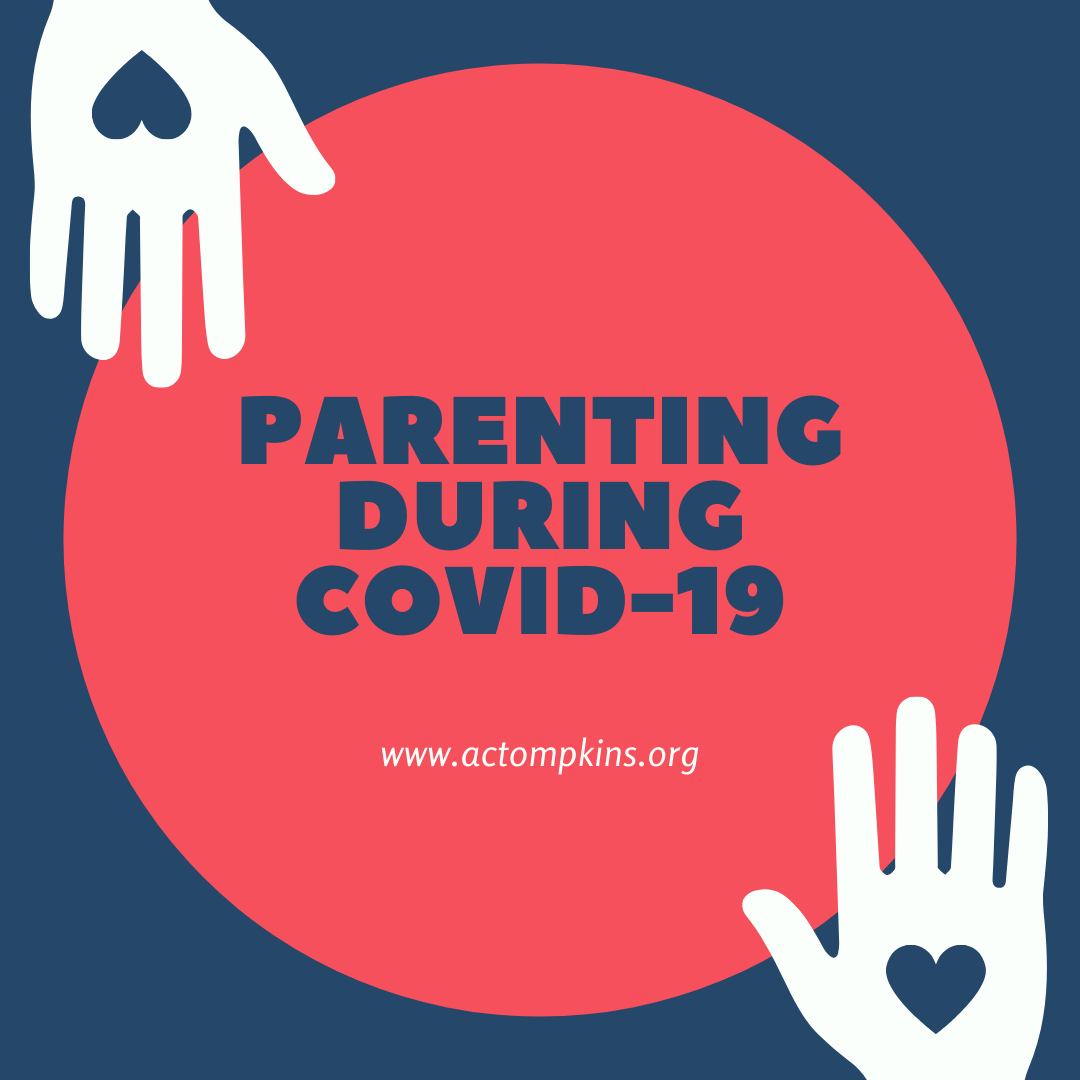Talking about Child Sexual Abuse in COVID times
Written by: Lyn Staack, Youth Education Coordinator
Wait, am I really asking parents and caregivers to think about child sexual abuse prevention– now? With so much else going on right now? Yes, I am.
I know this is a difficult time as a parent. We and our children have been pushed out of our usual lives, in many cases way out of our comfort zones, abruptly and in heart-wrenching, challenging ways.
It likely seems overwhelming to think about child sexual abuse during a global pandemic. Why add one more scary topic to the others you are already doing your best to explain to your children?
Because difficult, scary, unfamiliar conversations are at the heart of what we do as parents. Stepping into them is how we, and our relationships with our children, grow. Not all at once. Not every topic at the same time. Not by pushing ourselves or our children into a place of overwhelm and panic. But also not by hiding in fear or running away. No, we grow awkwardly, imperfectly, step by step, one comment, one question, one conversation at a time.
Because even during a pandemic, unfortunately especially during times of crisis, children will be sexually abused by community helpers, family members, siblings, and peers. (COVID-19 child safety information) .
When we step outside of what is familiar and comfortable we learn. We learn when we are able to settle into the dis-comfort and realize that, for the moment, we are safe, even if our feelings are amped up. We can breathe and look around with curiosity. We see opportunities we might have missed otherwise.
This April, in the midst of everything else — yes, right there along with your other fears– I am asking you to take a few of the small steps to reduce the risk of children you know being sexually abused.
You can do this, and you are not alone. There are other parents and community members who are working to protect our children with you. We will do what we need to do to keep our children as safe as we can from the COVID virus and from child sexual abuse.
Take 5 minutes right now. Watch this 4 minute video from Child Safety Pledge. Commit to learning and doing more to protect your children. Then, congratulate yourself: you’ve taken the first step.
Want to know more? (go at your own pace. find information that matches you and your needs. If you have questions, email info@actompkins.org or call us 607-277-5000.)
Additional Resources:
In response to the COVID-19 pandemic, which has caused more families to be isolated at home, Stop It Now! is sharing tools and strategies for navigating these unprecedented times while keeping children’s sexual safety a priority.
If you have younger children (ages 0-7) Talking to Your Kids About Sexual Abuse, a two page pdf from RAINN, is a great short read to help you start.
Maybe you’ve taught your kids the names for the parts of their body and talked with them about privacy. You are ready for more conversations: like the Four R’s of Prevention: rules, respect, reading the situation, and responsibility.
Continue to learn by following the Stop It Now! quick link to other prevention tools or by looking at their advice column, if you have a question, odds are someone else has asked.
Wondering how to talk with a child with a learning disability?
Watching more videos than usual? Us too. Have you seen the videos from Amaze.org?
Their goal is to take that awkward out of sex ed–and that’s good for parents as well. Did you know that talking with our children about healthy sexuality and respectful sexual interactions is a large part of preventing sexual abuse?
Have tweens or teens ages 11-16? This guide (pdf) from Teach Consent might help you spark conversations about respectful relationships, the importance of consent, and how teens can ask for and give consent in their friendships and dating relationships.
To learn more about important relationship and sexuality messages for youth at every age, try the Advocates for Youth series What Parents Need to Know: Ages Zero to Three Ages Four to Five Ages Six to Eight Ages Nine to 12 Ages 13 to 17
You are doing a good job, parent. Remember, if you have questions, if you are feeling overwhelmed, or if you want to talk with someone about child sexual abuse, call the Advocacy Center at 607-277-5000. We are here for you.
